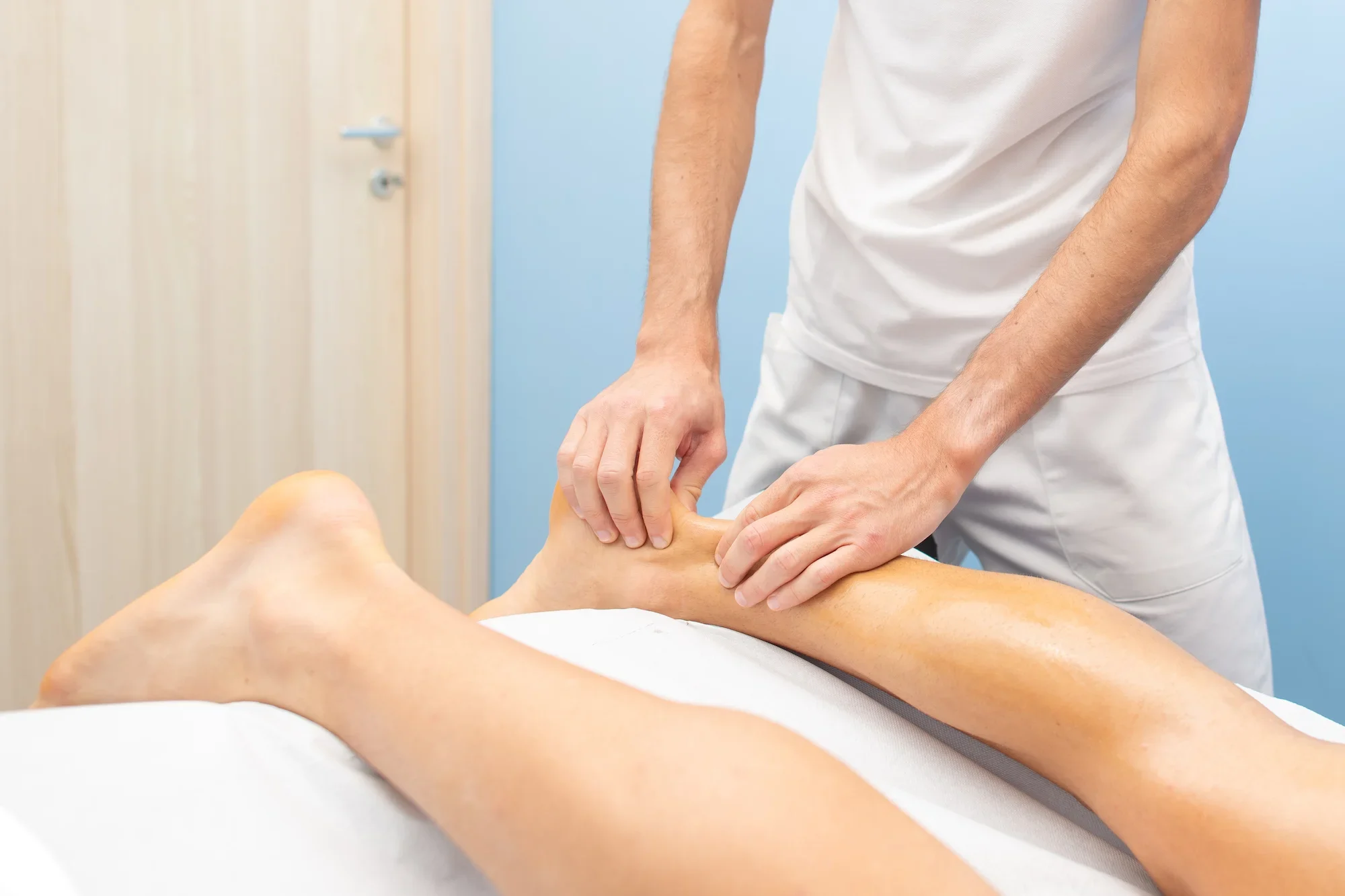What Is Tendon Problems/tendinopathy ?
Tendinopathy—such as Achilles, patellar, or gluteal tendinopathy—often starts as a niggle and gradually worsens, especially with repeated activity. It’s a common overuse condition where the tendon becomes irritated due to repetitive loading, often from sport, sudden changes in training, or biomechanical issues. If left untreated, it can become persistent and painful, limiting your movement and confidence.
At our clinic, we take a structured, evidence-based approach to tendinopathy rehab. After a detailed assessment, we’ll guide you through a progressive loading programme that helps the tendon adapt and get stronger over time. This may be supported by hands-on treatment, acupuncture/ dry needling, and advice. We’ll also look at factors like footwear, strength deficits, and training habits to reduce recurrence.
Tendinopathy responds well when managed properly—so if you’ve been ignoring that dull ache for too long, it’s time to deal with it and get back to moving pain-free.

FAQs
Frequently Asked Questions
What has caused my Tendinopathy?
Tendinopathy is often caused by an overuse injury or when there is increased loading of the tendon, which it’s unable to cope with. For example, the repetitive movement of playing golf or as a result of increasing your walking or running distance too quickly.
How long does it take to recover from Tendinopathy?
Acute injuries often settle within a few weeks with the right treatment. Often tendinopathies can be slower to recover than other injuries and you may need treatment over a longer time frame, especially if you’ve been having issues or niggles for a while.
The physiotherapist will discuss this with you at your first appointment.
What treatments are available for Tendinopathy?
This will depend on what the physiotherapist finds on the assessment but could include exercises to progressively increase the load on the tendon and it’s resilience to cope with this. It may also include hands-on treatments, advice, taping and acupuncture/dry needling can often be very useful too.
Tendinopathies can also be caused by biomechanical issues at other joints and the physiotherapist will assess this and help reduce this impact.
Will I need an X-ray or MRI?
This is often not needed.
An X-ray will be needed if a fracture is suspected as a result of an injury.
A MRI or ultrasound is most useful when considering next steps if physiotherapy has not been helpful, such as planning for surgery or an injection.
The physiotherapist will be able to discuss this with you and if necessary refer you to an appropriate service.
Can physiotherapy help prevent Tendinopathy from recurring?
Yes there is evidence that physiotherapy and exercise/activity can reduce further recurrences.
